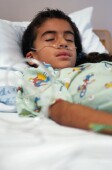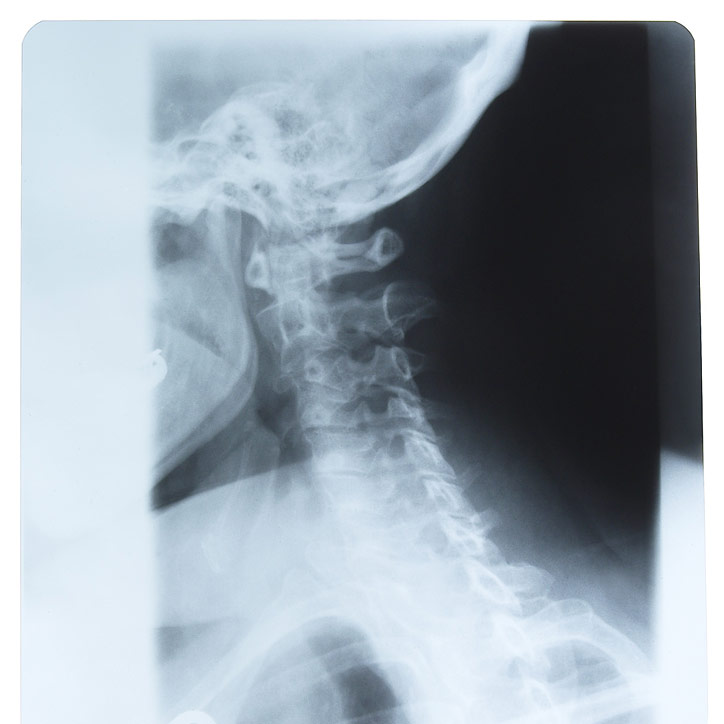
TUESDAY, June 11 (HealthDay News) — Nearly all adult survivors of childhood cancer have at least one chronic health problem, according to a new study.
Many of these health conditions are believed to be linked to treatments used to combat the survivors’ childhood cancer, such as radiation therapy and chemotherapy.
Researchers examined data from more than 1,700 adults who were diagnosed with childhood cancer between 1962 and 2001 and underwent health assessments between 2007 and 2012. The analysis revealed that 98 percent of the patients had a chronic health condition.
About 95 percent of the patients had a chronic health problem by age 45, or 35 years after cancer diagnosis. More than three-quarters had a serious, disabling or life-threatening condition at age 45.
The most common problems involved the lungs (65 percent), hearing (62 percent), endocrine or reproductive systems (62 percent), heart (56 percent) or declining mental ability (48 percent).
Liver, skeletal, kidney and blood problems were less common, according to the study, which was published in the June 12 issue of the Journal of the American Medical Association.
“The percentage of survivors with one or more chronic health conditions prevalent in a young-adult population was extraordinarily high,” Dr. Melissa Hudson, of St. Jude Children’s Research Hospital and the University of Tennessee College of Medicine in Memphis, said in a hospital news release.
The researchers said their findings highlight the need to monitor childhood cancer survivors for conditions that can cause significant illness if not detected and treated early — such as second cancers and heart disease — as well as conditions that can be treated to improve quality of life, such as hearing and vision problems.
More information
The U.S. National Cancer Institute has more about the late effects of childhood cancer treatment.

